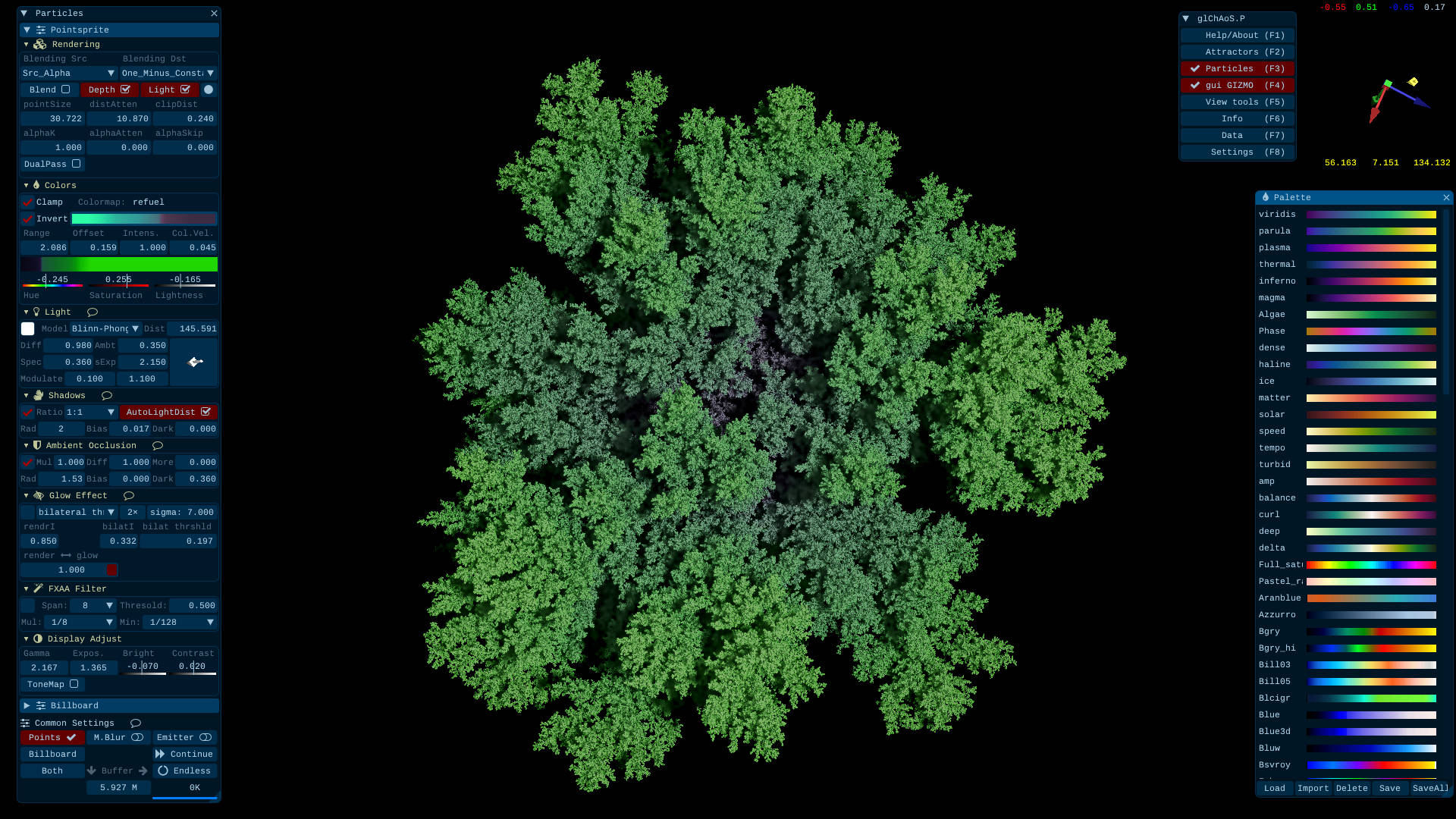For new projects use fastPRNG
This project will no longer be updated, in favor of fastPRNG
All algorithms presents in fastRandomGenerator are present also in fastPRNG
This page remains active only as a reference to/for old projects that have use it
fastRandomGenerator (for new projects use fastPRNG)
fastRandomGenerator is a single and little header-only library for 32bit and 64bit FAST pseudoRandom generator, based on Marsaglia algorithms.
Just include fastRandom.h in your code:
#include "fastRandom.h"It includes two classes to generate uint32_t/int32_t and uint64_t/int642_t pseudo-random numbers, based on KISS (Keep it Sample Stupid) and others algorithms of George Marsaglia.
Sources are well documented, and at the end of the file all the algorithms are explained, with links to author pages
All values are returned in interval [0, UINT64_MAX] for 64bit version and [0, UINT32_MAX] for 32bit version, but if you need (e.g.) values between [INT32_MIN, INT32_MAX], just cast result to int32_t (and same for 64bit)
It includes also a floating point (single/double precision) template class, as a helper/front-end to generate fast numbers in [-1.0, 1.0] / [0.0, 1.0] / [min, max] intervals
The classes are declared inside the namespace fstRnd
Alternative declaration (typedef) are provided for simplicity/abbreviation
// 32 bit generator
using fastRand32 = fastRandom32Class;
// 64 bit generator
using fastRand64 = fastRandom64Class;
// single precision interface for 32 bit generator
using fFastRand32 = floatfastRandomClass<float, fastRand32>;
// double precision interface for 32 bit generator
using dFastRand32 = floatfastRandomClass<double, fastRand32>;
// single precision interface for 64 bit generator
using fFastRand64 = floatfastRandomClass<float, fastRand64>;
// double precision interface for 64 bit generator
using dFastRand64 = floatfastRandomClass<double, fastRand64>;- Example: use KISS 32bit algorithm:
fstRnd::fastRand32 fastRandom; // for 32bit
// fstRnd::fastRand32 fastRandom(100); or with seed initialization: to (re)generate a specific ramdom numbers sequence
for(int i=0; i<10000; i++)
cout << fastRandom.KISS() << endl;Both classes contain simplest and fastest xorShift (32/64 bit), as static member function.
- Example: use static xorShift 64bit algorithm:
for(int i=0; i<10000; i++)
cout << fstRnd::fastRand64::xorShift() << endl; // for 64bit- Example: use KISS 32bit algorithm in [-1.0, 1.0] interval, with double precision floating point:
fstRnd::dFastRand32 fastRandom; // for 32bit generator and double precision results [-1.0, 1.0]
for(int i=0; i<10000; i++)
cout << fastRandom.VNI() << endl;- Example: use KISS 32bit algorithm in [-1.0, 1.0] interval, with double precision floating point, generating two times same sequence of random numbers:
fstRnd::dFastRand32 fastRandom(100); // initialize the seed with a specific value
for(int i=0; i<10000; i++)
cout << fastRandom.VNI() << endl;
fastRandom.reset(); // reset current internal value to starting ones
fastRandom.seed(100); // re-initialize the seed with same previous value
for(int i=0; i<10000; i++)
cout << fastRandom.VNI() << endl;- Example: use KISS 64bit algorithm in [min, max] interval, with single precision floating point:
const float fMin = -10.0, fMax=25.0;
fstRnd::fFastRand64 fastRandom; // for 64bit generator and single precision results [fMin, fMax]
for(int i=0; i<10000; i++)
cout << fastRandom.range(fMin,fMax) << endl;This library is currently used in glChAoS.P / wglChAoS.P
To generate DLA3D (Diffusion Limited Aggregation) - DLA 3D

And in Hypercomplex fractals with stochastic IIM (Inverse Iteration Method) algorithms
